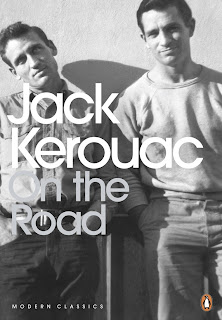It is time to end the Dark Ages. Tax all religion.I am not entirely sure how to respond. Is this a hoax, a provocation designed to kick-start a debate, an “I don’t like religion” tweet - perfectly acceptable - or, and I may be giving more credit than is due, a suggestion that any favourable tax status should be reviewed. Difficult given that such status is the result of charity - and are we really in the realm of dictating who can be charitable? Taxing people’s belief; it is I suspect another example of ‘progressive liberal’ thought: penalise that with which you disagree.
28-Sep-2011
Party defections by elected officials should always create by-elections. No exceptions.I am entirely sure of how to respond. This is either a misunderstanding of how our electoral system works, in terms of who and what we vote for, or another misguided attempt to pass the judgement of an elected official from the electorate to an unelected body. When in the polling booth, whilst in practice I scan for ‘my’ political party, in reality I am voting for a specific individual. It is a marvellous system, a system that could - if we curbed the power of the party whip - encourage our representatives to give due allegiance to their electorate, rather than the party to which they happen to belong. It is the very essence of local democratic accountability.
29-Sep-2011
The logical progression to this - at an extreme end - is that an individual may choose to leave his/her party; whether because the individual or the party’s policies have changed, it is for the electorate to decide. Changing party is in effect no different to changing policy. Were a rule introduced to the effect that party defections trigger by-elections, this could be side-stepped by declaring an intention to leave, as opposed to actually leaving. Easy, you might respond, the party would then eject their unwanted member to get the desired result… only they could then eject all sorts of other ‘troublemakers’ too, and doubtless get more malleable MPs in return, bending to the will of their party first, their electorate second. Is that really what we want?





